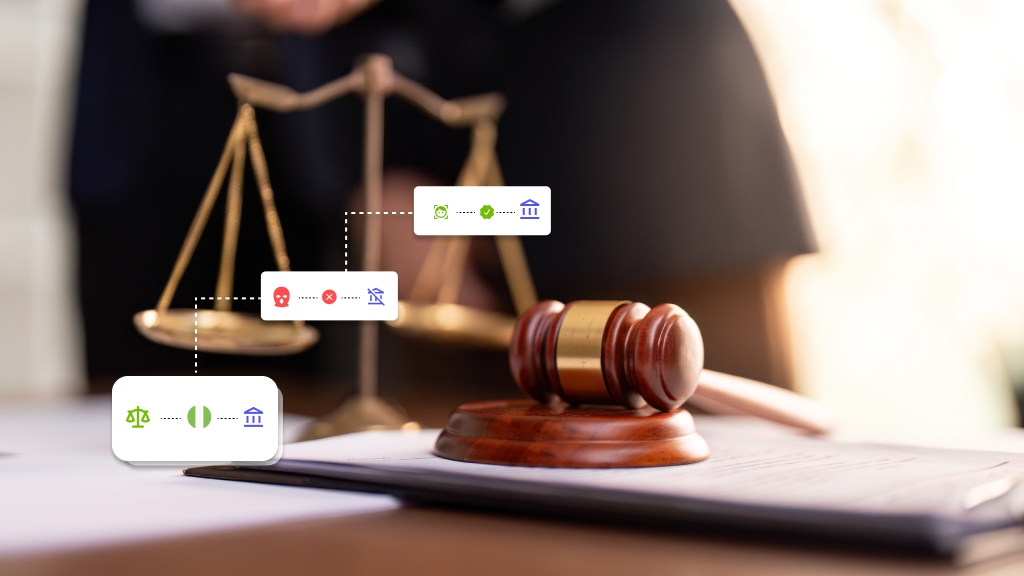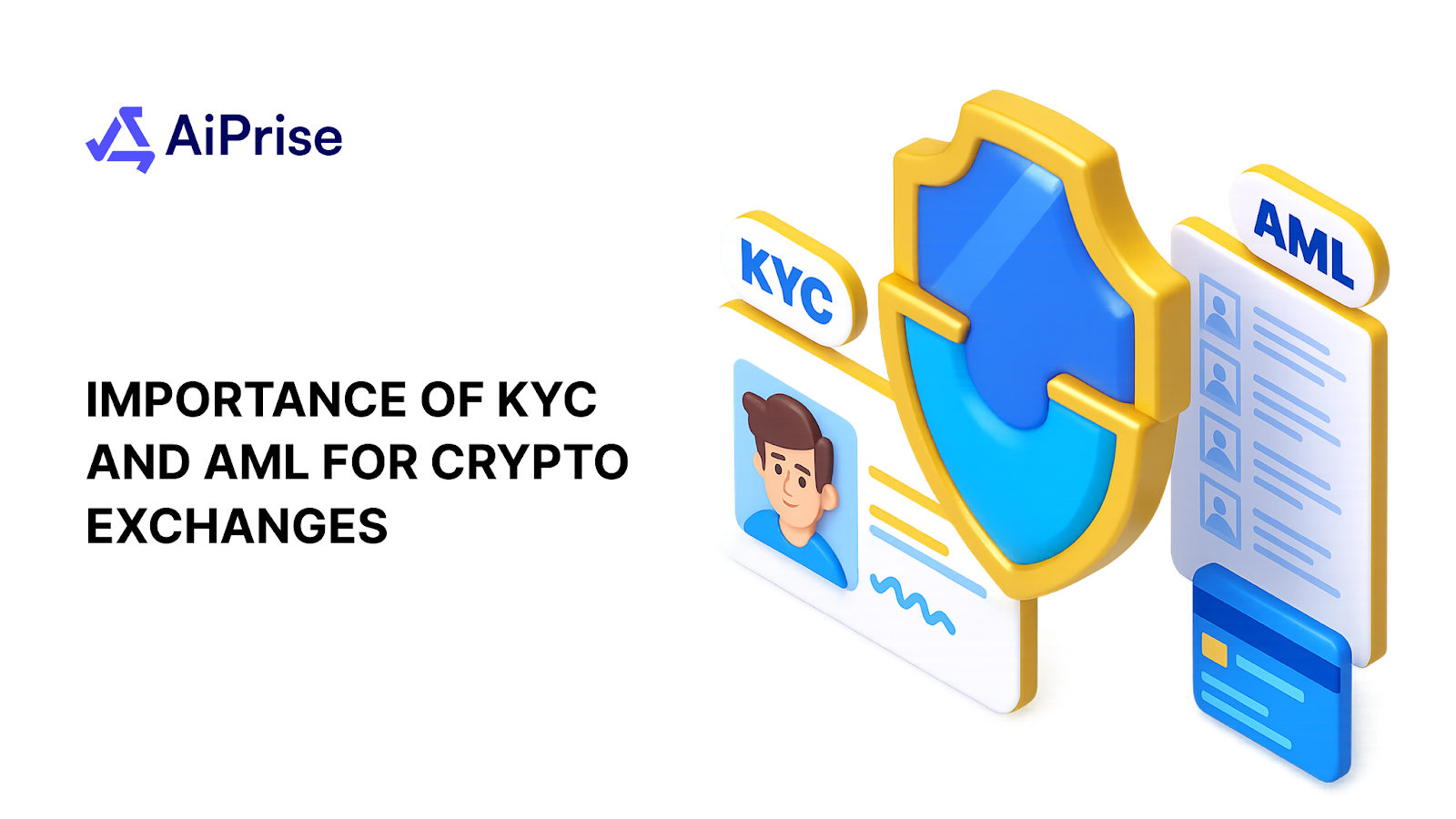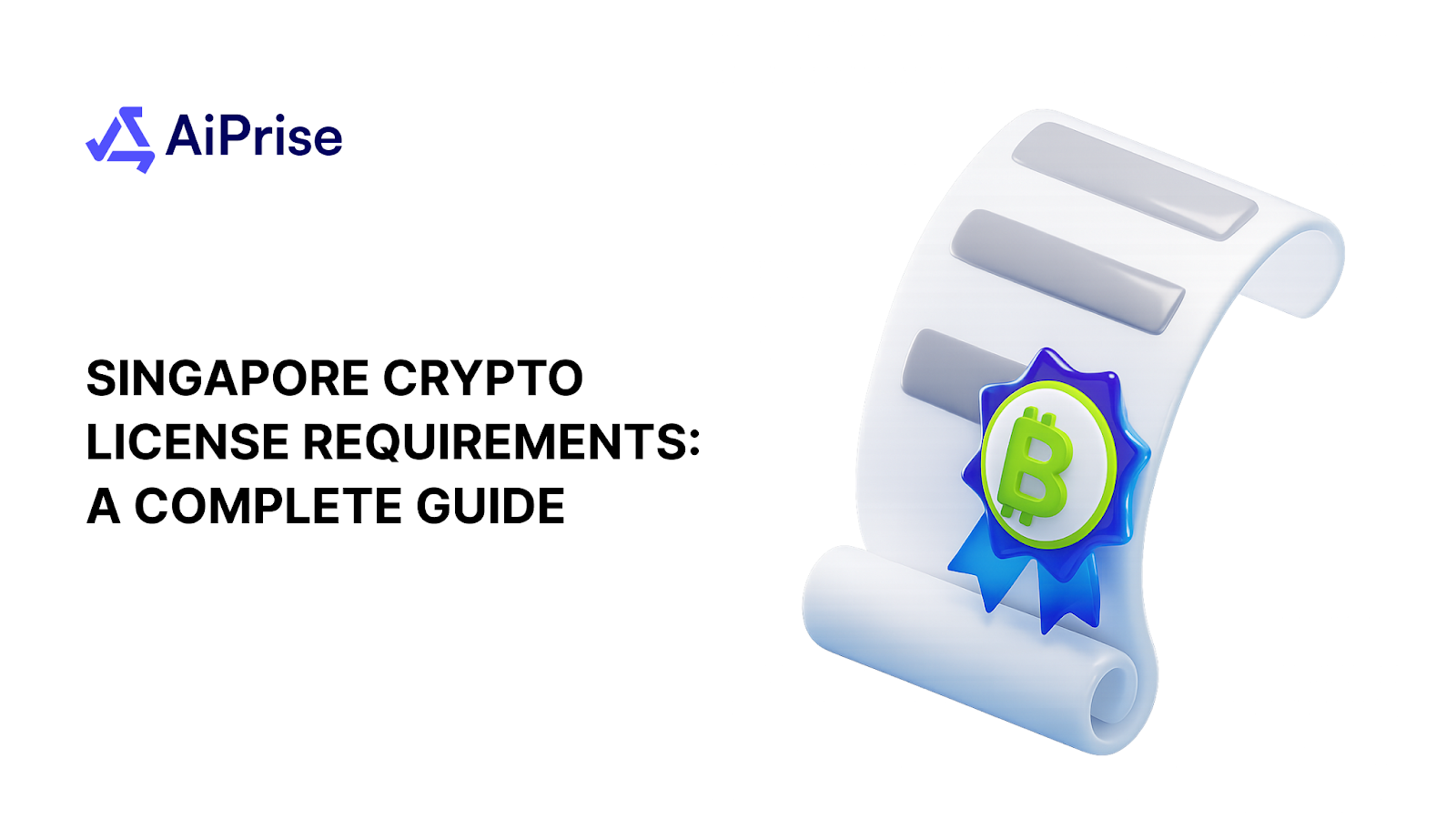AiPrise
7 min read
September 23, 2025
Why Securing Crypto Licensing in the UK is Crucial for Your Business
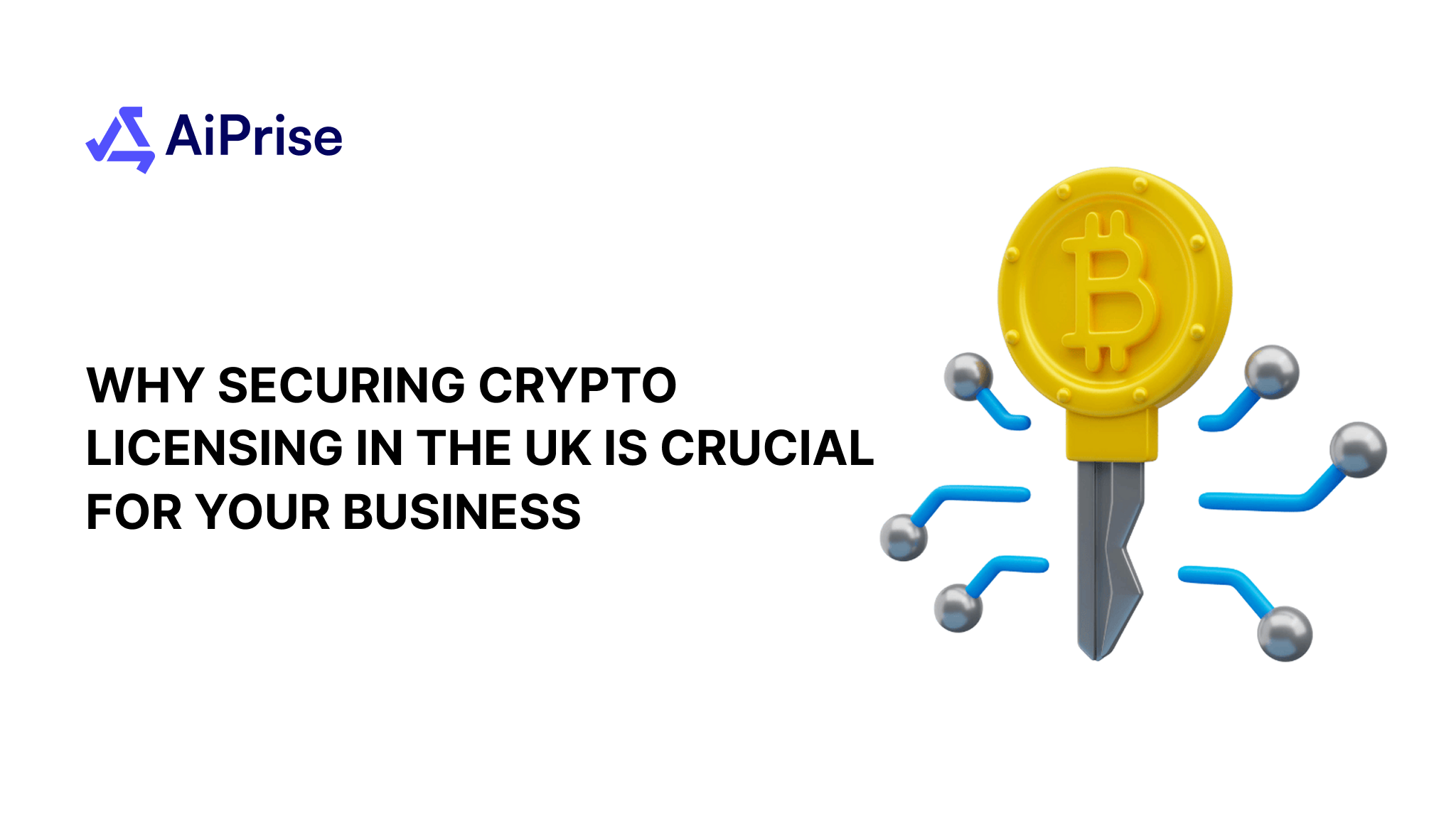
Key Takeaways










Running a crypto business comes with many challenges, especially when it comes to compliance. Keeping track of ever-changing regulations can feel like a constant struggle. Without the proper licenses, you risk facing fines, legal action, or even losing your ability to operate in key markets like the UK.
In the UK, 18% of consumers owned cryptocurrency in 2024, and that number is only growing. As more people invest in crypto, regulations become even more critical for maintaining trust and security in the market. Without the right compliance measures in place, you could jeopardize your business.
In this blog, we’ll explore why securing crypto licensing in the UK is crucial, what the registration process involves, and how you can stay compliant. We’ll also compare UK regulations with global standards and provide insights on what steps to take next.
Key Takeaways:
- Obtaining crypto licensing in the UK ensures legal compliance and market access.
- UK crypto firms must meet AML (Anti-Money Laundering) and KYC (Know Your Customer) standards.
- The FCA regulates crypto businesses under the Money Laundering Regulations (MLRs).
- Future licensing requirements will cover activities like stablecoin issuance and trading platforms.
- AIPrise helps crypto businesses stay compliant with automated tools for KYC, AML, and fraud management.
Why is Crypto Licensing UK Crucial for Your Business?
Securing a UK crypto registration offers several advantages beyond legal compliance. It helps establish your company’s legitimacy and boosts consumer confidence. A registered business ensures adherence to financial laws and strengthens its market position. Compliance with UK regulations also helps you avoid penalties and reputational damage.
Here are the key benefits of obtaining crypto licensing in the UK:
- Legal Compliance: Ensures your business follows necessary financial regulations.
- Market Access: Grants the right to operate in the UK, providing access to a large consumer base.
- Consumer Protection: Complies with laws that protect users from fraud and unfair practices.
- Fraud Prevention: Helps reduce the risk of financial crimes by meeting AML (Anti-Money Laundering) and KYC (Know Your Customer) standards.
- Reputation and Trust: Increases trust with users and investors by operating in a regulated environment.
With a clear understanding of the importance of compliance, it's essential to know which regulatory bodies are involved in overseeing the crypto industry in the UK.
Also Read: Crypto exchanges and identity verification: A comprehensive guide
Understanding the Key Regulatory Bodies in the UK
Several regulatory bodies oversee the UK crypto industry, ensuring firms comply with financial laws and protecting consumers from fraud. Each authority plays a vital role in maintaining market integrity.
Here’s an overview of the key players:
Also Read: The UK's Digital Identity Landscape
Now that you are familiar with the key regulatory bodies, it's time to explore the different types of registrations you may need for your specific crypto activities.
Types of UK Crypto Registrations: What You Need to Know
The UK’s regulatory framework is primarily focused on registration rather than a blanket "crypto license UK." Firms that conduct crypto-related business are required to register with the FCA under the Money Laundering Regulations (MLRs) and comply with the crypto financial promotions regime. This is a crucial distinction from a broader licensing framework, which is still being phased in.
Here’s a breakdown of key activities and their current registration requirements:
Also Read: 6 Key Components of Anti Money Laundering Compliance Checklist
Once you understand the types of registrations, the next step is to familiarize yourself with the application process.
The UK’s Crypto Registration Application Process
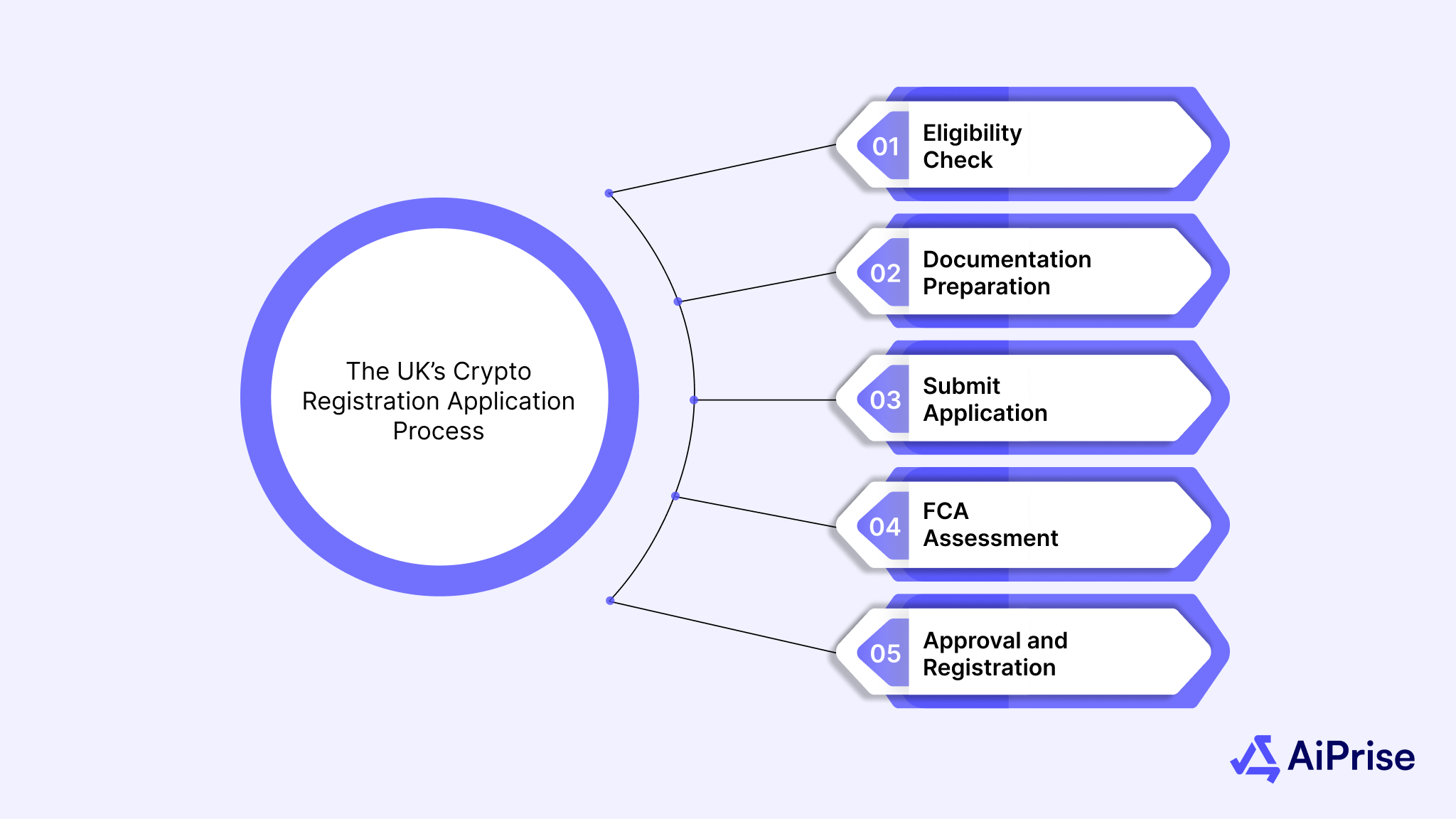
Obtaining a UK crypto registration is a detailed process that requires several steps. Businesses must submit comprehensive documents, including a business plan and financial reports, for FCA review. The FCA will evaluate your company’s governance and risk management practices before approving.
Here’s an overview of the registration steps:
- Eligibility Check: Confirm that your activities fall under UK crypto regulations.
- Documentation Preparation: Prepare documents, including business plans and financial reports, to support the organization's objectives.
- Submit Application: Submit your application to the FCA for review.
- FCA Assessment: The FCA evaluates your governance, compliance, and financial health.
- Approval and Registration: If approved, you will receive a registration to operate legally.
With the UK registration process in mind, it's beneficial to compare how the UK’s approach aligns with other countries. Understanding these differences will help you plan your compliance strategy on a global scale.
Also Read: How AI-Powered Compliance is Revolutionizing Risk Management for Businesses
Global Comparison: How UK Crypto Registration Stacks Up
The UK’s registration process is similar to other major crypto jurisdictions but differs in key aspects. The UK integrates crypto regulation into its existing financial services laws, while other regions like the EU and the US have standalone frameworks.
Here’s a comparison of the UK’s crypto registration process with other countries:
Also Read: Is Cryptocurrency Banned in India? Legal Updates and Risks
While the UK’s regulatory requirements align with global standards, it stands out for its focus on consumer protection.
Key Compliance Requirements for UK Crypto Firms
UK crypto firms must meet several compliance standards to ensure they follow regulatory guidelines. These include implementing systems for anti-money laundering (AML), customer due diligence (CDD), and risk management.
Here’s what crypto firms must comply with:
- AML & KYC Compliance: Implement procedures to prevent money laundering and verify customer identities.
- Risk Management: Develop systems to monitor and manage potential financial threats.
- Transparency: Fully disclose ownership structures and financial activities.
- Fit and Proper Test: Ensure key personnel meet suitability assessments for leadership roles.
Compliance is a constant challenge, and keeping up with all the necessary documentation and procedures can become overwhelming. This is where AI-based solutions offer a practical way forward, offering automated processes that simplify otherwise tedious tasks.
Also Read: What Is KYC In Crypto Security And Compliance, And Why Does It Matter?
How AIPrise Can Help You Stay Compliant
Staying compliant with regulations is a constant challenge for crypto businesses, especially with the evolving landscape in the UK and globally. AIPrise simplifies this process by offering automated tools that help keep your business compliant with less manual work.
By automating your KYC, KYB, AML, and fraud detection processes, AiPrise allows you to focus on growth while minimizing risk and operational costs. AiPrise integrates seamlessly into your existing infrastructure, making compliance fast, simple, and scalable. Let’s explore how AiPrise can enhance your compliance efforts.
Key Features of AIPrise for Crypto Compliance
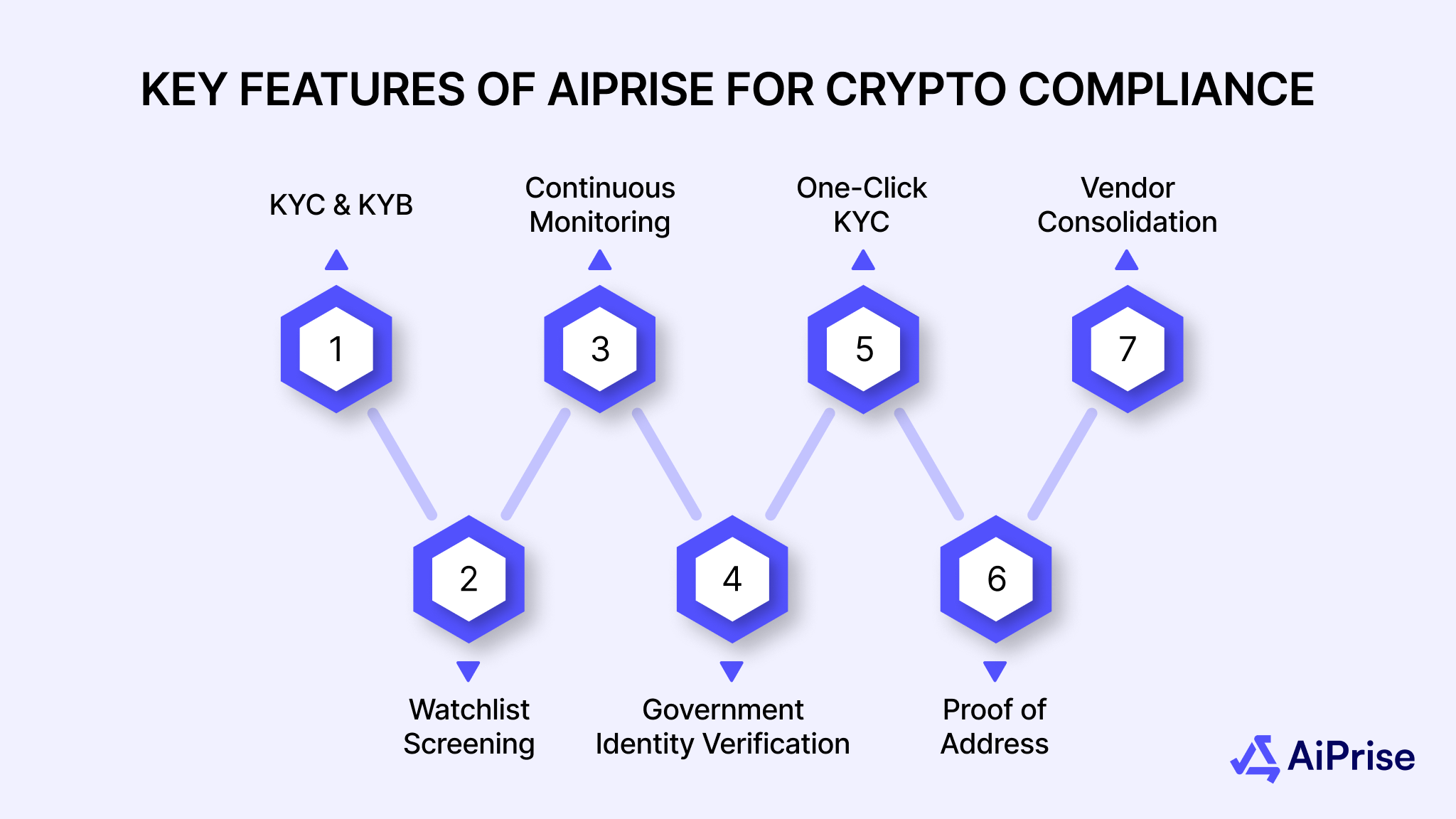
- KYC & KYB: Easily onboard users and businesses with secure identity verification across 200+ countries.
- Watchlist Screening: Screen for sanctions, PEPs, and adverse media automatically to mitigate financial crime risks.
- Continuous Monitoring: Monitor customers for ongoing risks and fraud signals in real-time, ensuring constant compliance.
- Government Identity Verification: Instantly verify identities against official government databases for more reliable onboarding.
- One-Click KYC: Enable faster KYC for returning customers with secure, instant verification.
- Proof of Address: Quickly verify customer addresses through trusted data sources to ensure KYC/KYB compliance.
- Vendor Consolidation: Save costs and reduce vendor management headaches by consolidating your compliance tools into one platform.
AIPrise can reduce manual review tasks by up to 90%, speed onboarding by 50%, and lower costs by consolidating vendors.
Conclusion
Understanding the UK’s crypto registration process is crucial for businesses seeking to operate legally. Preparing for the regulatory changes and ensuring compliance will help you succeed in the market. Starting the registration process early and implementing the right compliance tools will set your firm up for long-term success.
Is your business ready to operate in the UK? Start the registration process today and stay ahead of the upcoming regulatory changes. Book a Demo today and see how AIPrise simplifies your KYC, AML, and fraud prevention efforts. Don't miss out on the benefits of crypto licensing in the UK. Take action today.
FAQs
1. What Is the Difference Between Crypto Registration and Licensing in the UK?
Crypto registration requires businesses to comply with the Money Laundering Regulations (MLRs) and register with the FCA. Licensing, under the future FSMA framework, will involve a broader set of regulatory requirements, not yet fully in place.
2. Can Foreign Crypto Companies Operate in the UK Without Registration?
No, foreign crypto businesses must register with the FCA under the MLRs and comply with the Financial Promotions Regime to operate in the UK.
3. What Happens If a Crypto Business Doesn't Register with the FCA?
Failure to register can result in fines, legal action, and a ban from operating in the UK, along with reputational damage.
4. What Does the FCA Evaluate When Reviewing a Crypto Firm’s Registration Application?
The FCA evaluates governance, risk management, AML and KYC compliance, and the firm’s financial health.
5. How Can a Crypto Business Ensure Ongoing Compliance with UK Regulations?
By maintaining AML and KYC systems, staying updated with regulatory changes, and using compliance tools like AIPrise to automate processes.
You might want to read these...

AiPrise’s data coverage and AI agents were the deciding factors for us. They’ve made our onboarding 80% faster. It is also a very intuitive platform.













